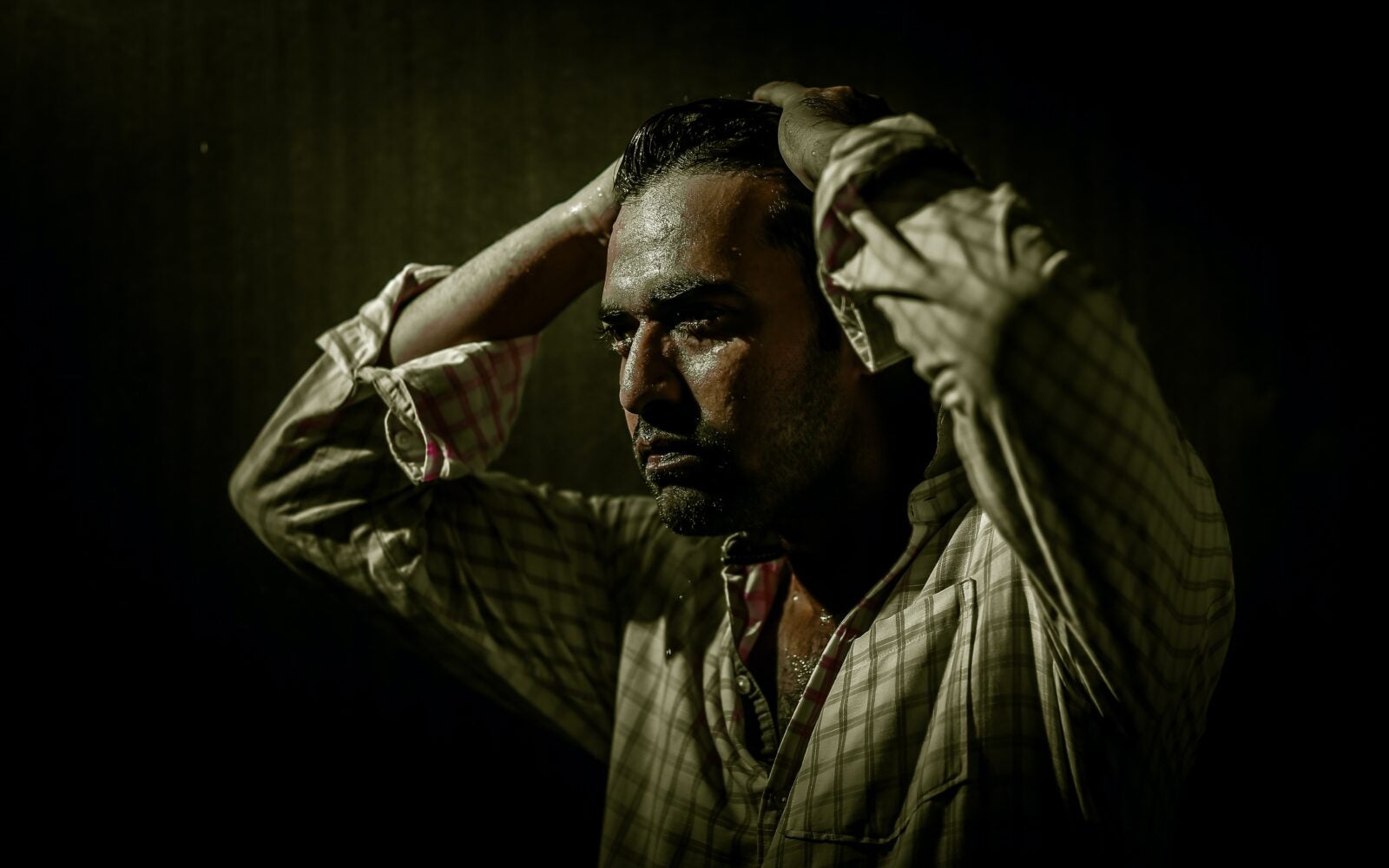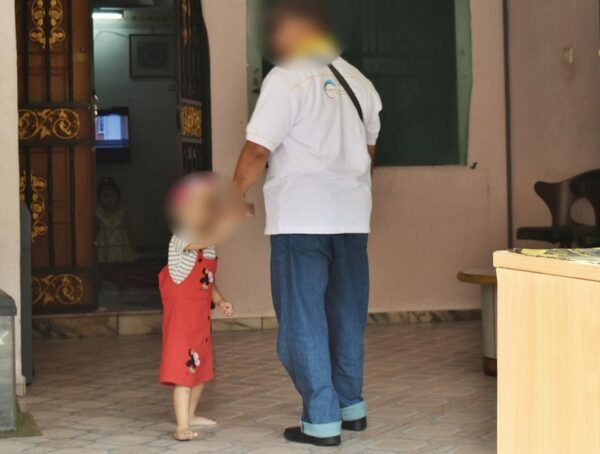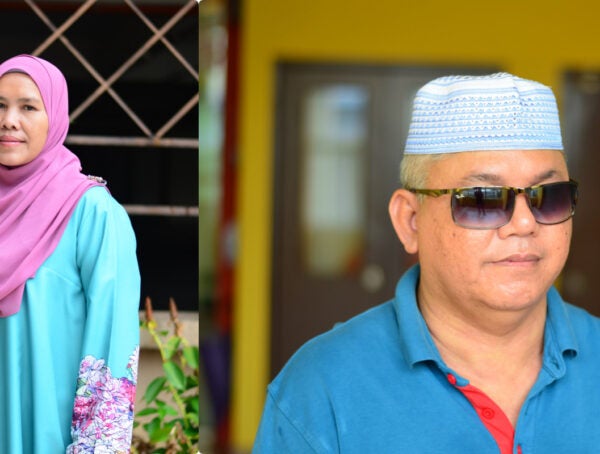Disclaimer: In Real Life is a platform for everyday people to share their experiences and voices. All articles are personal stories and do not necessarily echo In Real Life’s sentiments.
Study hard – get into a good school – get excellent grades – get into a good university – study an acceptable degree – get a good job – work hard.
That’s the key to success, according to all Malaysian parents out there. Bet you guys heard it repeatedly over the years growing up.
However, like me, you might have also grown up to discover that no, life doesn’t actually work that way! Many gatherings with friends (back when they were more acceptable) were spent commiserating about how much work was undervalued nowadays.
If you find this relatable, you might also be a victim of income inequality.
What is income inequality?
Income inequality occurs when a small percentage of the population controls most of the wealth.
According to a study by Khazanah Research Institute (KRI) in 2018, the gap between the absolute earnings of the top 20% of Malaysians and the remaining 80% of their fellow country people has doubled. This means that Malaysian society is no longer socio-economically mobile: you can’t easily move from being in B40 to M40 – in fact, it’s easier to move from M40 to B40 than otherwise!
In other words, that dream of studying hard to get a good job so you can lift your family out of poverty? Yeah, it’s most likely going to remain a dream.
And then there’s the cycle of poverty.
Wealth is still being generated – but mainly for people who are already wealthy.
This benefit extends to children from wealthy families as well. They are able to gain easy access to quality education and funds, either through connections they have with other rich people or a loan from their parents to start up a business.

Here’s one obvious example:
Imagine working with a basic salary of RM3,000. After deducting from it for food, bills, loan repayment, and more, there’s barely any left you can put into your savings account.
But if you had RM1 million from your parents, you could easily put it in an investment account for a conservative 5% return.
That means, in a year, you’ll earn RM50,000 in interest, which equals to RM4,167 each month WITHOUT having to work!
An acquaintance of mine, Lim comes from a very rich family.
He’s a private school student who went on to study overseas, and when he returned to Malaysia, he attempted to replicate something he had seen while abroad, something that did not exist here (yet).
With the financial backing of his family, he hopes to “succeed on [his] own”, setting himself apart from the rest of his “daddy’s money” peers.
And no, he didn’t grasp the irony of what he said to me.
Much like how people benefit from intergenerational wealth, those from poorer families might never be able to break the cycle of poverty.
Children born in poverty are more likely to be malnourished, leading to all sorts of physical health problems, and mentally they might suffer from cognitive difficulties as well.
A hard start to life doesn’t get easier – it means you just grow up to live a hard life.
Poorer people spend more over time
Imagine not getting your teeth checked until you get a cavity — by that time, you might need to remove the whole tooth, an expensive process.
Besides that, therapy for mental illnesses does not come cheap. For example, a cheap alternative for KL-ites would be Rekindle Community, which offers sessions with their clinical interns at RM1-2/minute. Eventually the interns move up to become practising psychologists, who treat people who can afford their much higher fees.
I find a sense of irony in the way the medical system is structured. One gains experience by helping the less fortunate, moving on to more privileged patients.
Thus medical treatment is more expensive for the financially challenged, and most accessible/beneficial to those who need it less.
It’s expensive to be poor.
Rich people say “work harder then lah!” but this phrase ignores a massive difference between the classes: rich people work to thrive, poor people work to survive.
Living paycheck to paycheck
A study done by KRI in 2016 found that households earning less than RM 2000 spent 94.8% of their income on consumption.
The people in these households are forever teetering on the brink of homelessness and starvation. All it takes is for the car to stop starting or a sudden medical visit to begin a financial disaster. At this point, any emergency becomes a worst case scenario.

It’s tough to have any sort of savings when you have to live like that.
In times of crisis, the poorest are the most affected
You can see how this happened with the COVID-19 pandemic.
Those who were unemployed prior to the crisis have difficulty finding jobs now that many companies have implemented hiring freezes. Some who were employed also found themselves laid off, most particularly those who worked in the tourism sector.
And then there are the frontliners who are not medical staff – those who work in sanitation, restaurant workers, cashiers for supermarkets – yet continue to live in fear of contracting the virus and bringing it home, all the while being paid minimum wage.
For a fortunate few, benevolent CEOs and directors of companies have opted to take pay cuts in solidarity with their employees. #notallrichpeople.

Another acquaintance, Rina, was raised in a family that managed to break out of the poverty cycle. Unfortunately, she believes that should anything happen to her parents, she would no longer enjoy financial stability.
“I’m a working adult, but I make just enough to cover my expenses and a bit more,” she admitted. “I’m fairly privileged and I can afford Starbucks now and then, but that’s because I don’t have to worry about paying rent, PTPTN, a car loan and all of that.”
Nevertheless, the cost of living has gone up, and wages have not reflected that.
Rina worries that she is slipping through the holes in her financial safety net, all the way down to poverty. I find myself worrying about the same thing.
For more stories like this, read: Being Too Successful Got Me Fired, So Now I Act ‘Average’ At My Current Job, At 23, I’m the Only Person Supporting My Family In KL. Here’s How I Survived and After The First Round Of Retrenchments, I Thought My Job Was Safe. I Was Wrong.
You might also like
More from Real People
‘A RM100 fee cost a company 5 years of revenue’ shares M’sian
This story is about a Malaysian who learned that bureaucracy can be defeated simply by not arguing with it.A billing …
‘I quiet-quit, upskilled, and tripled my salary,’ shares M’sian engineer
This story is about a Malaysian who learned that loyalty without leverage leads nowhere in the corporate world.After years of …
‘I did everything right, and it still wasn’t enough’ shares M’sian graduate
This story is about a Malaysian graduate navigating big dreams in a job market where a degree no longer guarantees …


















